Osx Homebrew Install
Find packages for your operating system:
The macFUSE software consists of a kernel extension and various user space libraries and tools. It comes with C-based and Objective-C-based SDKs. If you prefer another language (say, Python or Java), you should be able to create file systems in those languages after you install the relevant language bindings yourself.
The Apache Subversion project does not officially endorse or maintain any binary packages of the Subversion software. However, volunteers have created binary packages for different distributions and platforms, and as a convenience, we maintain a list of links to them here. Do not install if you have the current macOS Mojave 10.14 or later. MacOS Mojave 10.14 (released in October 2018) includes a CH34x driver by Apple. If both Apple's and the OEM driver are installed, they will create conflicting non-functional serial ports. If you need a newer version than what is included in your distribution, check out the third party packages section. OpenSUSE packages. OpenSUSE ships with darktable. A simple zypper install darktable should be enough. Note: Some users have reported compatibility issues between the stand-alone installer and Mac OS X Snow Leopard or Mac OS X Lion (OSX 10.6 and 10.7). While workarounds are possible, we strongly recommend installing Git with Homebrew to avoid this.
Centos Linux | Debian Linux | Fedora Linux | FreeBSD | HP-UX | NetBSD | OpenBSD | openSUSE | Mac OS X | Red Hat Linux | Solaris | SUSE Linux | Ubuntu Linux | Windows
The Apache Subversion project does not officially endorse or maintain any binary packages of the Subversion software. However, volunteers have created binary packages for different distributions and platforms, and as a convenience, we maintain a list of links to them here. If there are any problems with or questions about the different binary packages please send email to the Subversion users mailing list.
Note that binary packages usually come out about a week after the corresponding source release. Please don't post to the mailing lists asking when a binary package for a given platform will be ready. The packagers already know when new source releases come out, and work as fast as they can to make binaries available.
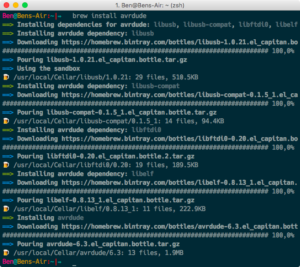
Binaries are typically built from the latest stable release.
Note also that this list does not include distributions of larger collections of software of which Subversion is but one piece. Several vendors offer such things, but we concern ourselves primarily with Subversion itself. As such, the listing here is limited to those packages which may be reasonably considered binary distributions of Apache Subversion alone. If you are looking for more widely scoped, Subversion-related value-add offerings, we trust that ${YOUR_FAVORITE_SEARCH_ENGINE} can facilitate that for you.
Centos Linux ¶
CentOS project (client and server)
CollabNet (supported and certified by CollabNet; requires registration)
WANdisco (supported and certified by WANdisco; requires registration)
Debian Linux ¶
Debian Project (maintained by Debian Project; client and server; svnserve is part of the subversion package, mod_dav_svn is in the separate libapache2-mod-svn package (formerly libapache2-svn))
WANdisco (supported and certified by WANdisco; requires registration)
Fedora Linux ¶
FreeBSD ¶
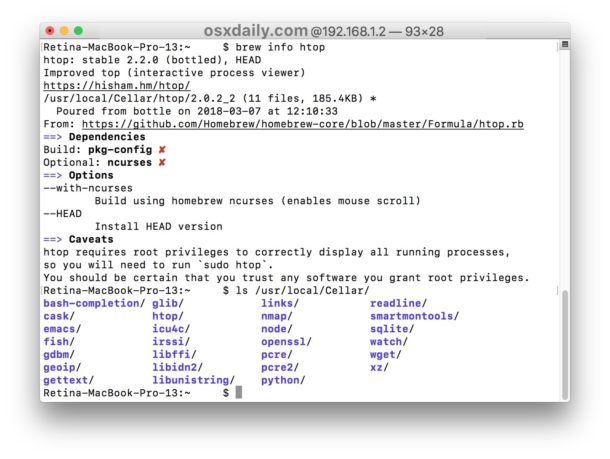
HP-UX ¶
HP Porting Centre (maintained by Connect Internet Solutions Ltd.)
NetBSD ¶
OpenBSD ¶
OpenBSD Project (client and server; svnserve is part of the subversion package, mod_dav_svn is in the separate ap2-subversion package)
openSUSE ¶
Part of the the standard distribution. svnserve is part of the subversion package, mod_dav_svn is in the separate subversion-server package.
Community packages are available from the openSUSE project, also for the 1.8 series of releases.
Mac OS X ¶
An old version of Subversion is shipped with MacOS X. See the open source section of Apple's web site for more information.
Fink (requires Fink; maintained by Christian Schaffner)
MacPorts (requires MacPorts)
WANdisco (client and server; supported and certified by WANdisco; requires registration)
Red Hat Linux ¶
Red Hat (client and server)
CollabNet (supported and certified by CollabNet; requires registration)
WANdisco (supported and certified by WANdisco; requires registration)
Solaris ¶
WANdisco (supported and certified by WANdisco; requires registration)
SUSE Linux ¶
On SUSE Linux Enterprise: Enable the SDK. svnserve is part of the subversion package, mod_dav_svn is in the separate subversion-server package.
Community packages are available from the openSUSE project, also for the 1.8 series of releases.
WANdisco (supported and certified by WANdisco; requires registration)
Ubuntu Linux ¶
Ubuntu Packages (maintained by Ubuntu Project; client and server; svnserve is part of the subversion package, mod_dav_svn is in the separate libapache2-svn package)
WANdisco (supported and certified by WANdisco; requires registration)
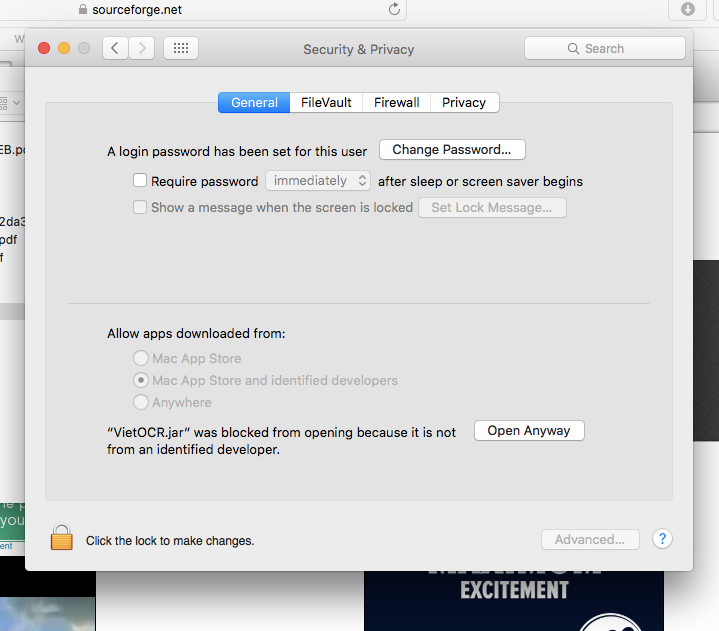
Windows ¶
CollabNet (supported and certified by CollabNet; requires registration)
SlikSVN (32- and 64-bit client MSI; maintained by Bert Huijben, SharpSvn project)
TortoiseSVN (optionally installs 32- and 64-bit command line tools and svnserve; supported and maintained by the TortoiseSVN project)
VisualSVN (32- and 64-bit client and server; supported and maintained by VisualSVN)
WANdisco (32- and 64-bit client and server; supported and certified by WANdisco; requires registration)
What is macFUSE?
macFUSE allows you to extend macOS's native file handling capabilities via third-party file systems.
Features
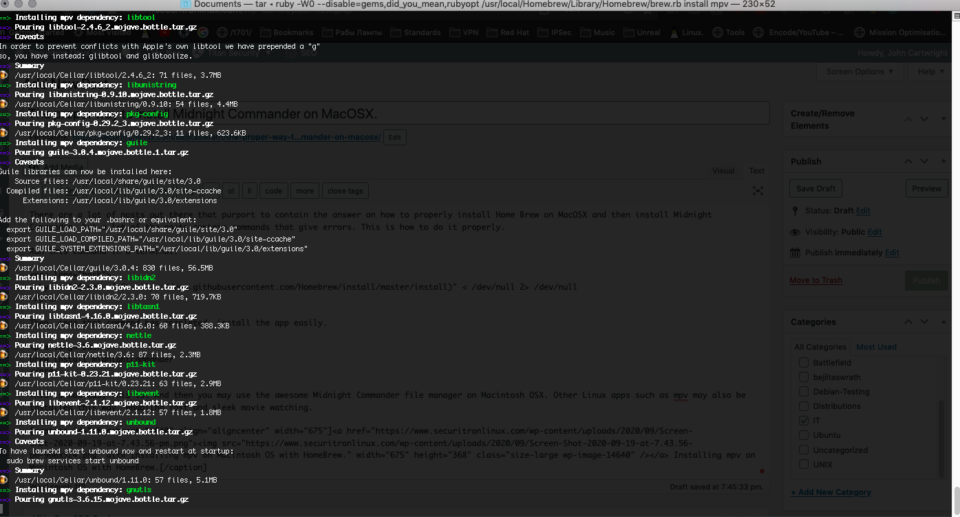
As a user, installing the macFUSE software package will let you use any third-party FUSE file system. Legacy MacFUSE file systems are supported through the optional MacFUSE compatibility layer.
As a developer, you can use the FUSE SDK to write numerous types of new file systems as regular user space programs. The content of these file systems can come from anywhere: from the local disk, from across the network, from memory, or any other combination of sources. Writing a file system using FUSE is orders of magnitude easier and quicker than the traditional approach of writing in-kernel file systems. Since FUSE file systems are regular applications (as opposed to kernel extensions), you have just as much flexibility and choice in programming tools, debuggers, and libraries as you have if you were developing standard macOS applications.
How It Works
In more technical terms, FUSE implements a mechanism that makes it possible to implement a fully functional file system in a user-space program on macOS. It provides multiple APIs, one of which is a superset of the FUSE API (file system in user space) that originated on Linux. Therefore, many existing FUSE file systems become readily usable on macOS.
Osx Homebrew Installer
The macFUSE software consists of a kernel extension and various user space libraries and tools. It comes with C-based and Objective-C-based SDKs. If you prefer another language (say, Python or Java), you should be able to create file systems in those languages after you install the relevant language bindings yourself.
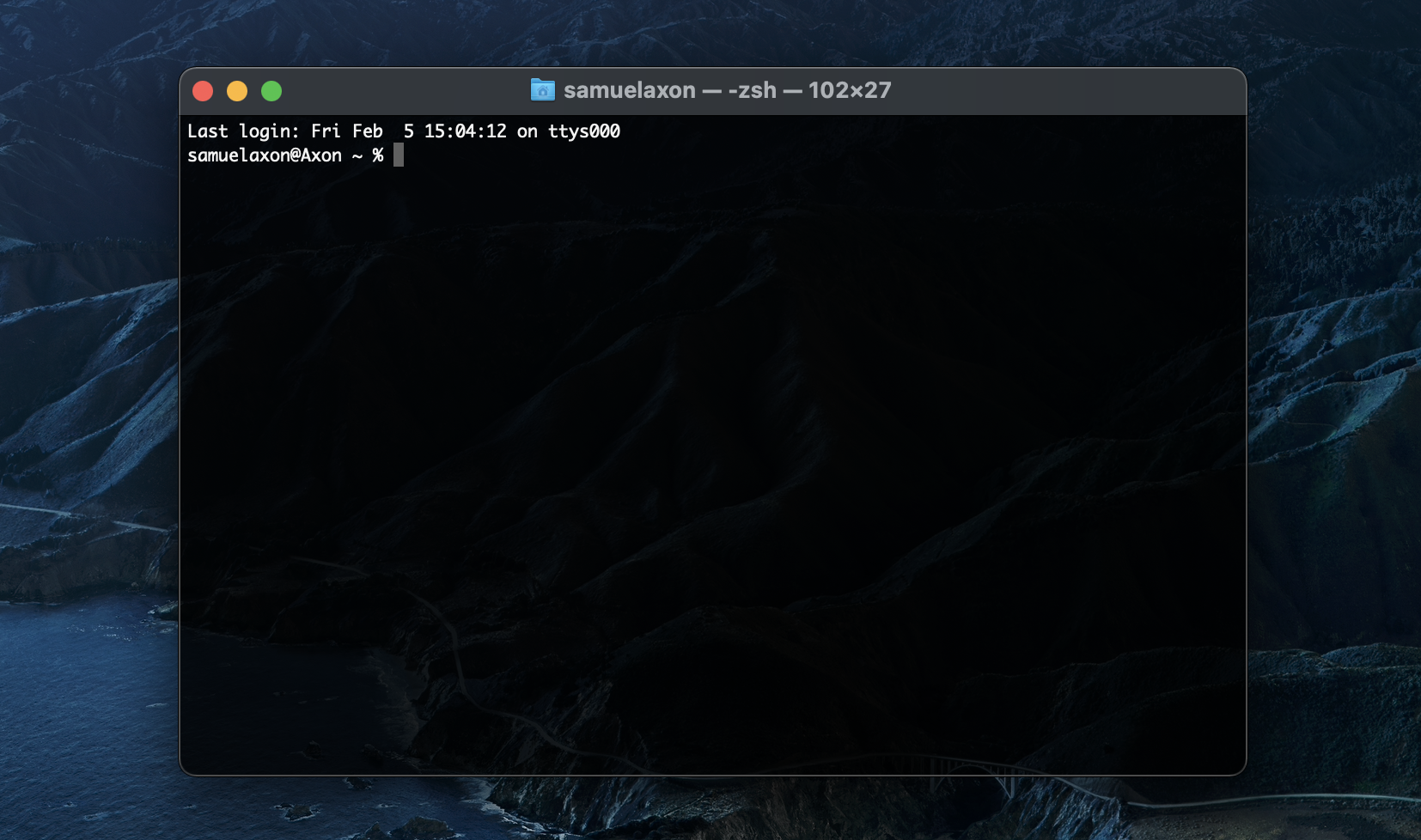
Osx Homebrew Install Mac
The filesystems repository contains source code for several exciting and useful file systems for you to browse, compile, and build upon, such as sshfs, procfs, AccessibilityFS, GrabFS, LoopbackFS, SpotlightFS, and YouTubeFS.
